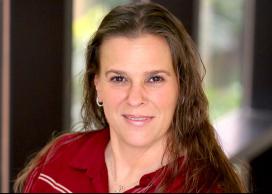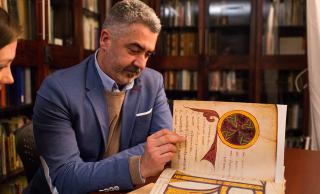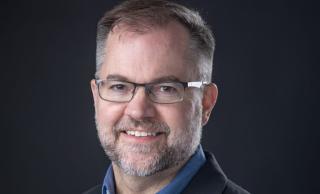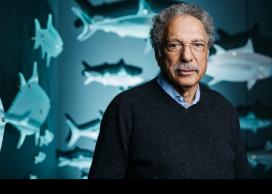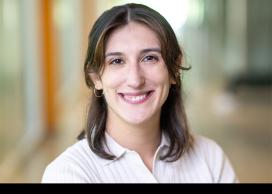Research in focus: Jongho Lee
Learn more about the work of our researchers at UBC
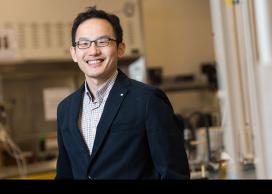
April 26, 2021
Name:
Jongho Lee
Title:
Assistant Professor
Department/Unit:
Civil Engineering
Location:
Vancouver
What year did you start working at UBC?
2017
Provide an overview of your research in 75 words or less:
When things are randomly mixed, they are waste. But when individual compounds are orderly separated out, they are resources. My research focuses on developing fast, selective, and energy-efficient membrane-based separation technologies that produce water, nutrients, high-value chemicals, and renewable energy from wastewater, oceans, and other challenging water sources.
What first motivated you (or motivates you) to conduct your research?
I was very intrigued by the problem of Maxwell’s demon in a graduate thermodynamics course, showing that separation of specific compounds from a mixture inevitably costs energy. While abundant, I realized that many resource materials exist in the forms of mixture and waste, requiring their separation. That was my starting point to develop my interest in fast, selective and energy-efficient separation technologies, through sophisticated designs of membrane structures and tuning of surface properties.
What do you hope will change as a result of this research?
My eventual goal is to contribute to realize a circular economy through transforming wastes into resources and producing zero-waste. For example, wastewater has enormous potential not only for freshwater, but also as abundant sources of biofuel, biochemical, minerals, and thermal energy. I hope that our membrane-technologies developed at UBC help the society acquire a sustainable supply chain of valuable resources from our own wastes and ensure environmental protection.
What have you learned during your research that has surprised you the most?
I have been fortunate to have colleagues with diverse expertise from polymer chemistry to molecular simulations, and plant science. While I was always a strong believer in interdisciplinary approaches for technical innovations, my particular surprise moment was when I took a cue from the unique structures of plant leaves that generate enormous negative pressures by capillarity. Mimicking this mechanism, we demonstrated desalination of hypersaline water, far beyond the capacity of conventional industrial desalination processes.
Describe any interesting research milestones you are approaching
Aiming for developing innovative membrane processes to extract renewable and clean energy compounds from wastewater, we recently demonstrated the near-complete extraction of dissolved methane, the primary constituent of natural gas. This demonstration proved that the currently energy-intensive wastewater treatment process can be turned into an energy-producing process. We are currently demonstrating extraction and production of ammonia and long-chain organic acids from wastewater, as a hydrogen fuel carrier and biofuel feedstock, respectively.
- Our people
- Research
- Research in focus

